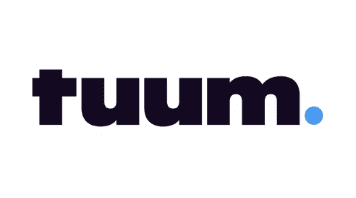
We’ve entered the first full week of March. Layoff activity has cooled slightly (but has not stopped), and fintech news is heating up. Here’s your weekly news rundown. Check back for real-time updates on how the fintech landscape evolves this week.
Payments
Kiwibank goes live with ACI Worldwide’s Enterprise Payments Platform.
Indian payments and API banking company Cashfree Payments launches embedded payments for software platforms.
TrueNorth selects Brim to help it bring small business and commercial credit card-as-a-service technology to banks, fintechs, and others in its professional services organization.
Xero to embed a billpay solution from BILL into the Xero platform.
wagely has secured $23 million in new funding.
allpay partners with automation expert Voicescape.
PayNearMe introduces Smart Switch, a new capability that enables card processing redundancy for billers and iGaming operators.
Allianz Trade launches Allianz Trade pay.
Digital Banking
Capstack Technologies secures strategic investment from Citi Ventures for its bank-to-bank loan marketplace.
Synctera raises $18.6 million in a Series A extension round to fuel international expansion.
Pocketbook selects Grasshopper to provide its customers with white-labeled FDIC insured commercial checking accounts.
Fraud and Security
G2 Risk Solutions and Mastercard join forces to help merchant acquirers reduce transaction fraud.
Airbase partners with Sardine to combat payment and vendor fraud
Lending
Embedded lending platform ChargeAfter launches The Lending Hub to help banks deliver lending solutions for merchants and their customers.
AKUVO launches Virtual Collector, a digital collections portal that helps borrowers to correct their past due accounts online without a live agent.
Clearwater Credit Union partners with Cotribute to streamline digital account onboarding, automated loan origination.
Credit Unions
Reseda Group invests $6.2 million in 8 fintechs: CU LIFT Fund, CURevl, Debbie, Origence, Members Mobile, Ranqx, Ascent and Changed.
Wealth management
AdvicePay launches new integrations with eMoney Advisor to offer efficiencies for joint customers navigating between the two platforms.
SmartAsset launches SmartAsset AMP, an Advisor Marketing Platform to help advisors acquire new clients.
Business banking
Bill launches cash flow forecasting and insights capabilities for SMBs.
Corcentric enhances AP invoice processing.
Velmie launches Business Banking Core Platform.
Open banking / Open finance
Colorado-based High Plains Bank leverages open banking infrastructure from Jack Henry to offer new services to its Spanish-speaking customers.



.png)














